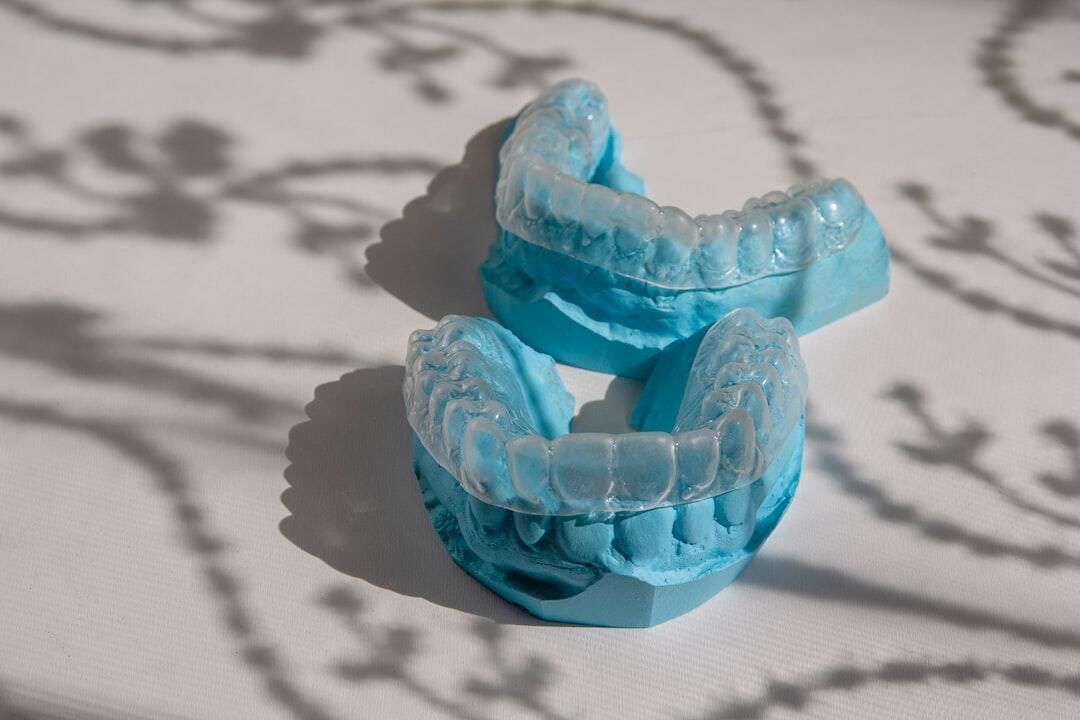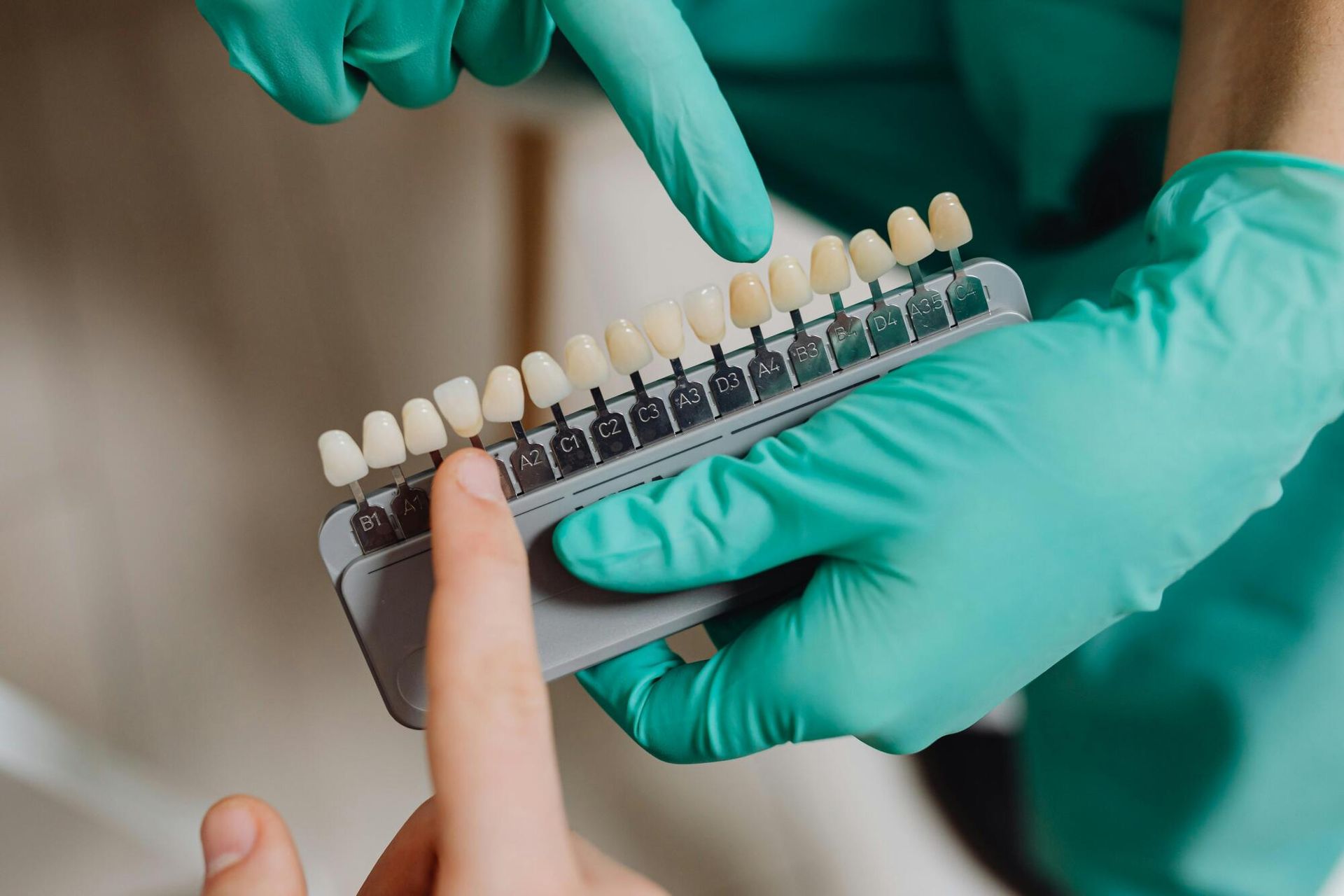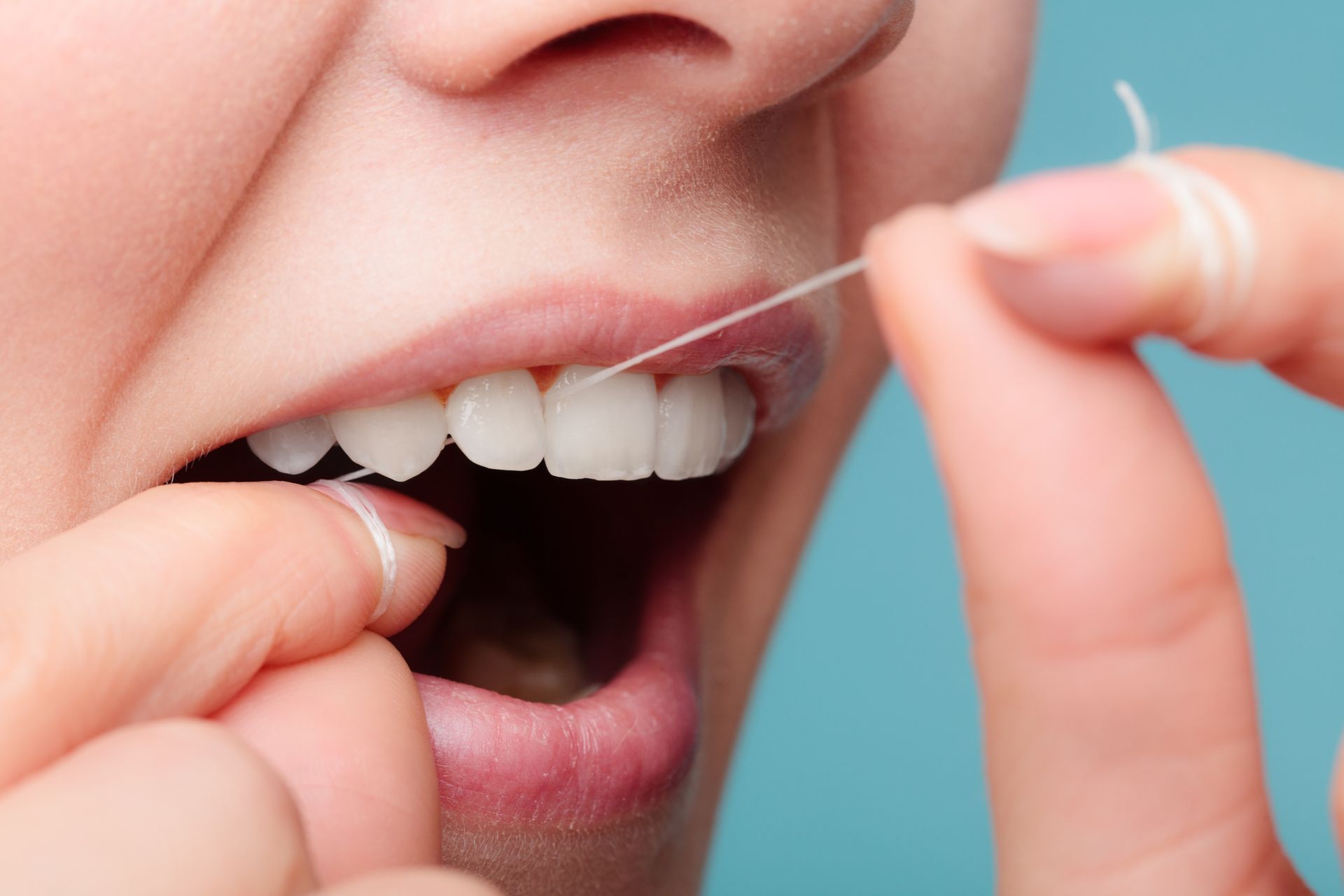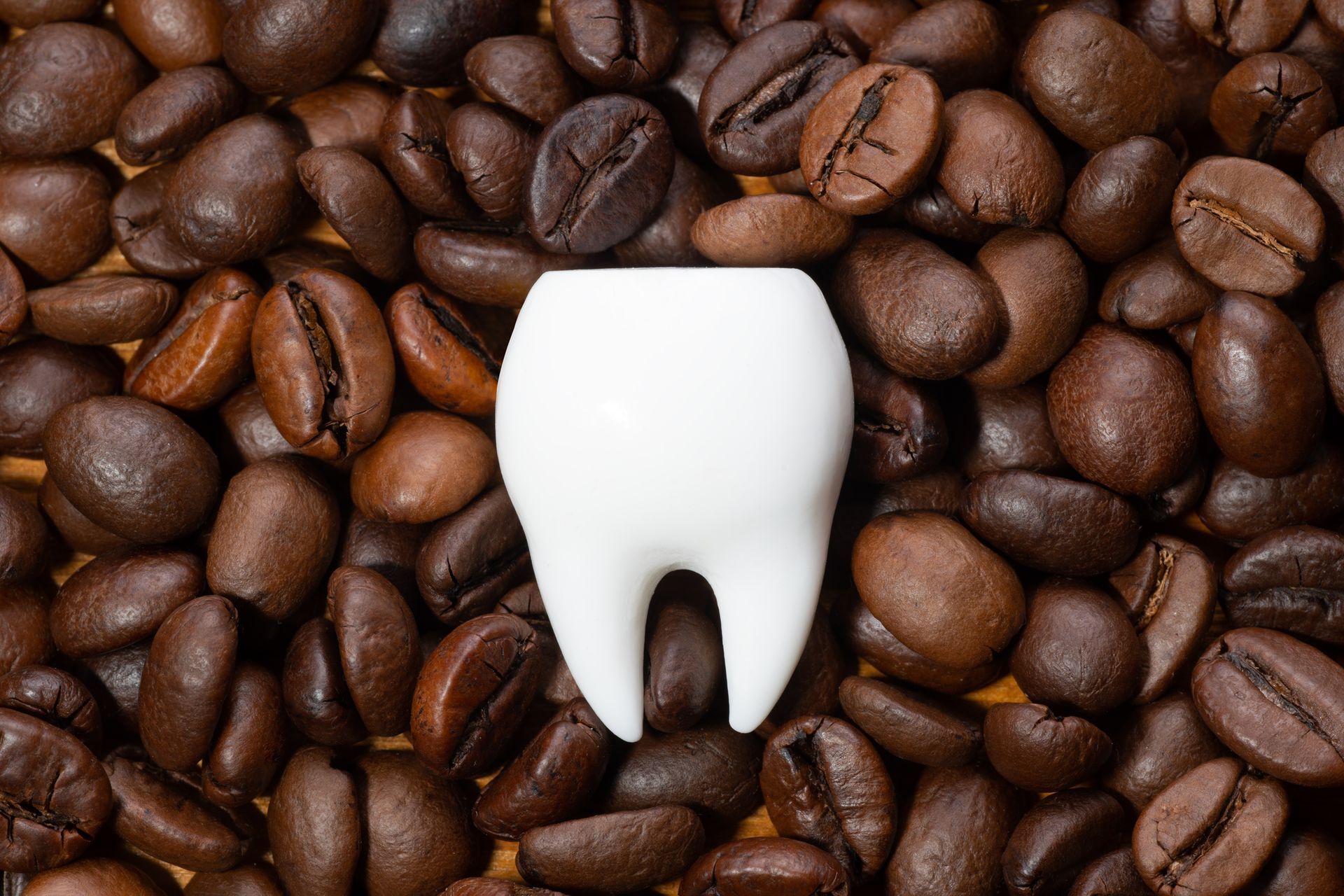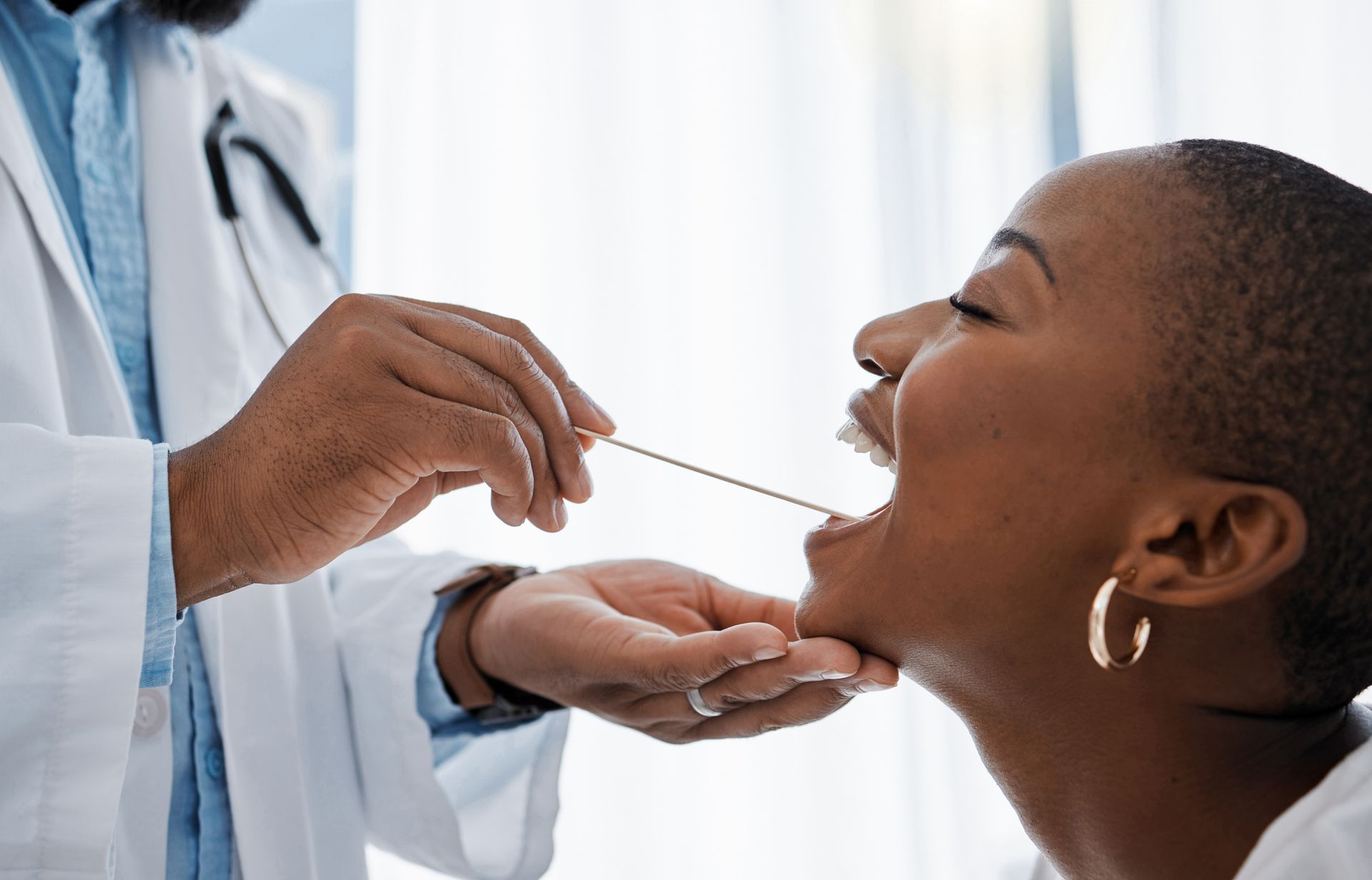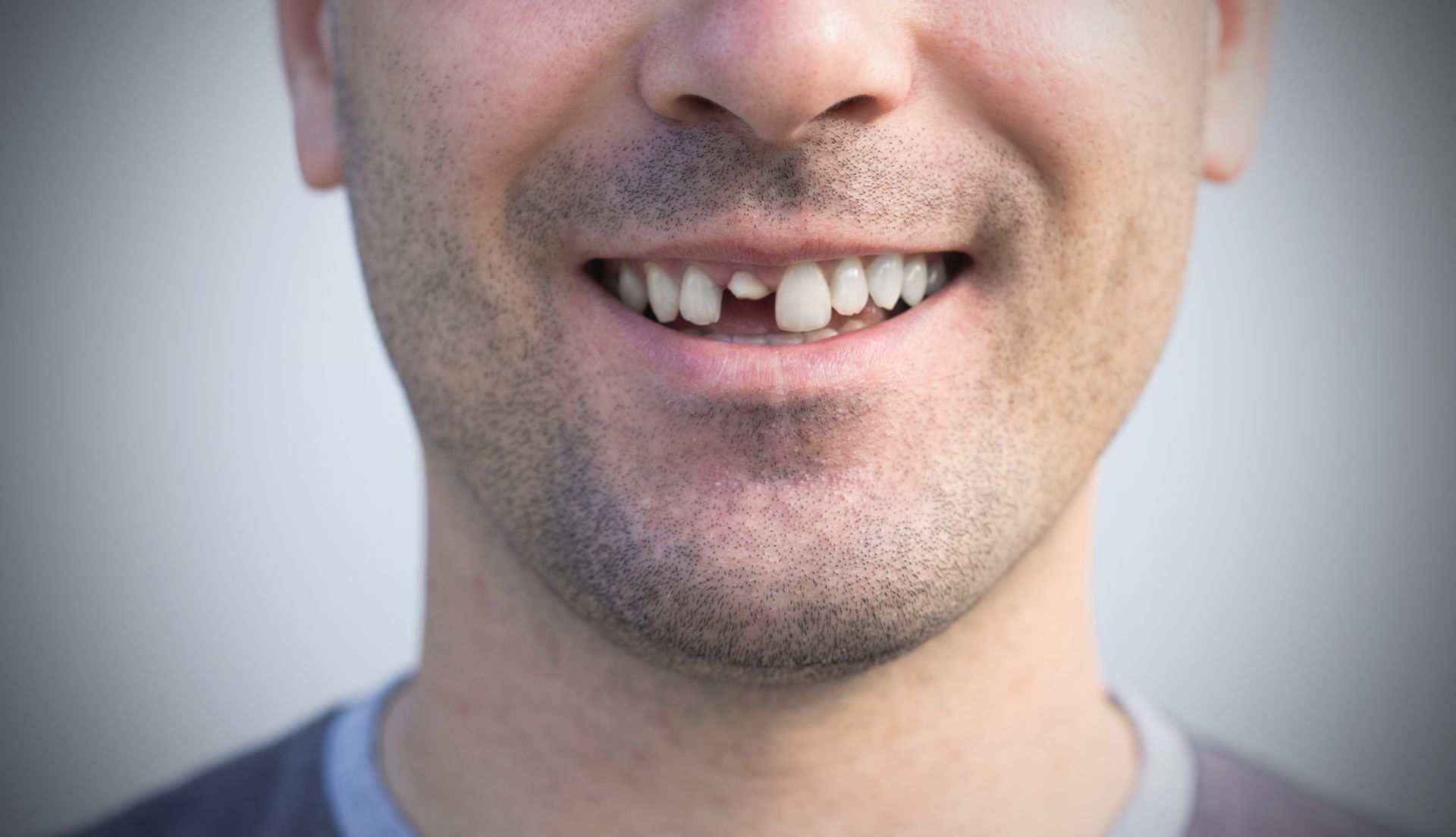Canker Sores – Apthous Ulcers
What are canker sores?
Canker sores, also known as apthous ulcers, mouth ulcers and more formally as apthous stomatitis, are oval or round reddened swellings in the mouth that if elevated usually burst within 24 hours. Once the mouth ulcer bursts it becomes covered by a gray or yellow-white membrane and is surrounded by a bright red lining. Canker sores are usually small, less than 0.5 cm diameter (minor apthae) however they may also be large, greater than 0.5 cm (major apthae).
Canker sores are different from cold sores (fever blisters)
Canker sores are often confused with cold sores, also known as fever blisters, because they can appear to be similar, however the two are very different. Canker sores occur only INSIDE of the mouth, and not over bone – on the tongue and on the linings of the cheeks, lips, floor of mouth and the throat. Canker sores heal in 3 – 10 days and are not contagious.
Cold sores (fever blisters)
Cold sores occur OUTSIDE of the mouth. They may also occur inside the mouth but only over bone – on gum tissue or the roof of the mouth. Cold sores heal in 7-14 days and are very contagious. They are caused by the Herpes Simplex Virus and may infect any tissue they touch, (fingers, eyes, etc.) on the infected individual and anyone else he or she comes in direct contact with. The initial fever blister (herpes virus) infection may be accompanied by fever, aches and swollen glands.
What causes canker sores?
Very often canker sores are caused by trauma – burns, cuts, etc. Absent trauma, the cause of canker sore occurrence is unknown. Their occurrence is thought to be related to immune system mediated conditions such as ulcerative colitis, HIV, autoimmune disorders and crohn’s disease. Women are more susceptible than men due to the hormonal changes associated with their menstrual cycles. Fatigue, stress and allergies also increase the likelihood of canker sore appearance. Sodium Lauryl Sulfate (SLS), the foaming agent found in most toothpastes and mouthwashes, also increases the occurrence of canker sores in susceptible individuals because it dries the protective layer of oral tissues allowing underlying tissues to be traumatized.
Canker sore treatment
There are several things you can do for canker sore treatment.
Visit your physician to:
- Make sure your mouth sores are canker sores and not cold sores or an allergic rash, for which you will require different treatment.
- Assess your nutritional status which may weaken your immune system. Deficiencies in vitamins and minerals have been linked to increased risk of canker sores.
- Rule out underlying causes for recurring canker sore outbreaks such as ulcerative colitis, HIV, crohn’s disease, etc.
Avoid:
- Abrasive foods like potato chips, tortilla chips and pretzels.
- Acidic, hot and spicy foods and drinks like lemonade, orange juice, chocolate, nuts, lemons, figs, tomatoes, apples, pineapples, strawberries, shellfish, vinegar and beer.
- SLS (Sodium Lauryl Sulfate). SLS-free products include:
- Arm & Hammer Dental Care Baking Soda Tooth Powder
- Biotene Dry Mouth Toothpaste
- Rembrandt Whitening Toothpaste
- Sensodyne Cool Gel Anti-Cavity Toothpaste
- Sensodyne Original Anti-Cavity F
- Aggressive tooth brushing and the use of hard or medium bristled toothbrushes.
Consider:
- Debacterol – an over-the-counter (OTC) treatment that cauterizes the mouth ulcer and reduces or eliminates the pain associated with canker sores and significantly speeds the natural healing process.
- Antimicrobial mouth rinses – Listerine (OTC) or Chlorhexidine gluconate (by prescription) to help avoid a bacterial infection within the mouth ulcer(s).
